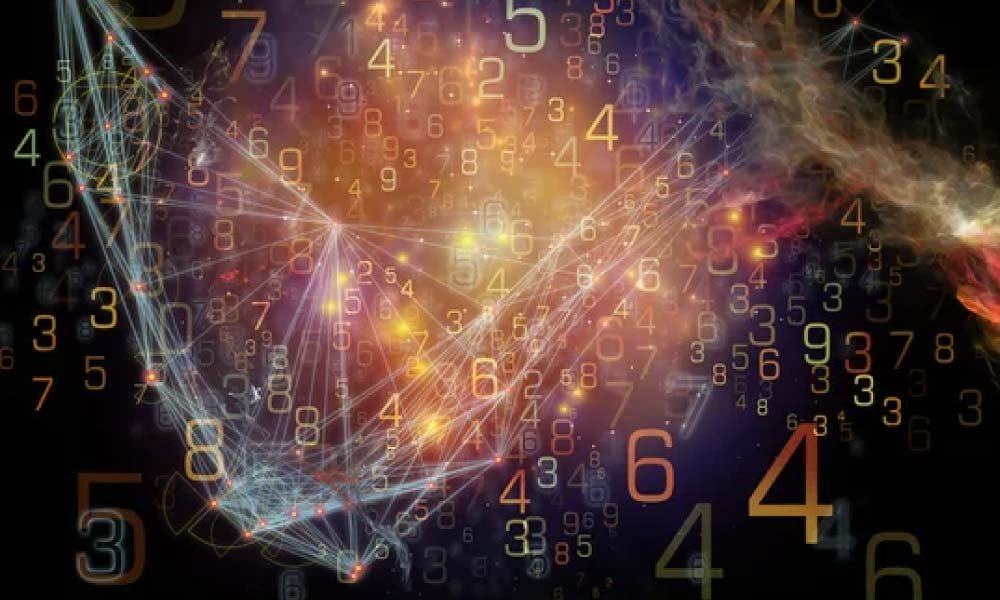Unseen Champions in Our Digital Lives
Random number generators (RNGs), though often overlooked, play a critical role in a plethora of everyday activities. From cybersecurity to gaming, these systems create a framework of unpredictability vital for the functioning of countless sectors. This article explores the diverse applications of RNGs, their profound influence in various industries, and how they shape our digital experiences.
Broadening RNG’s Role in Gaming: A Symphony of Unpredictability

Venturing beyond the traditional space of casinos, RNGs also play a pivotal role in the realm of video games. These digital wonder-workers add elements of surprise, creating novel situations that elevate gaming experiences. Be it the sudden onslaught of a zombie horde in “Left 4 Dead” or the appearance of legendary loot in “World of Warcraft”, RNGs weave unexpected narratives that keep players engaged and on their toes. Renowned gaming companies, such as Activision and Ubisoft, harness the power of RNGs in their offerings. They employ these engines of randomness in character development, environment creation, and loot distribution, fostering a dynamic ecosystem where no two gaming experiences are alike.
Take “Diablo III” for instance. This popular game employs an advanced RNG system to create a unique tapestry of experiences. From the arrangement of dungeons and the variety of monsters to the stats of the dropped loot, each game session presents a new world to conquer, a new challenge to overcome. This unpredictability fuels the adrenaline, turning every moment into a potential surprise.
Moreover, RNGs’ influence stretches into the realm of competitive eSports. Even in a game as strategy-focused as “Dota 2”, RNG elements are present. The chance to land a critical hit, the probability of evading an attack, or the spawn location of the power-up rune, all introduce an element of unpredictability that keeps matches exciting for players and spectators alike.
The RNG in Gaming: Ensuring Fair Play
In the gaming world, RNGs are pivotal. They form the bedrock of the industry, instilling each game with an element of chance that fuels anticipation and keeps outcomes fair. For instance, RNGs generate the results of games like slots, roulette, and blackjack, ensuring adherence to the Return to Player (RTP) percentage set by the regulator. As an illustration, New York Online Casinos employ RNGs to dictate the outcomes of all their slots and table games, keeping the process random, fair, and exciting for all players.
Cybersecurity and RNGs: A Fortress of Unpredictability

In cybersecurity, RNGs serve as a silent sentinel. They underpin encryption systems, generating the cryptographic keys that secure our online transactions and communications. Companies like Symantec and McAfee utilize RNGs extensively in their security protocols, ensuring that their clients’ data remains inaccessible to intruders. The randomness introduced by RNGs adds a layer of complexity that deters cybercriminals, safeguarding our digital lives. RNGs occupy an integral place in the field of cybersecurity. At the forefront of secure communication, RNGs play an essential role in creating encryption keys for data protection. Companies like RSA Security and Symantec extensively employ RNGs to generate complex cryptographic keys, the basis for secure data transmission.
Consider the creation of Secure Sockets Layer (SSL) certificates – an internet security protocol. An SSL certificate’s generation relies heavily on RNGs to create a public and a private key pair, unique for every session. The private key remains hidden, providing a digital signature, while the public key is openly shared, allowing for encrypted communication. This process, facilitated by RNGs, helps secure millions of internet transactions daily.
In the broader landscape of cybersecurity, RNGs also aid in anomaly detection systems. These systems, designed to spot unusual activity, work on the premise of randomness. A seemingly harmless activity, when repeated randomly, could signify a potential threat. Companies like Darktrace use RNG-based models to spot such irregular patterns, helping thwart potential cyber-attacks. RNGs bolster the protective measures in two-factor authentication (2FA). Think of the verification code you receive on your smartphone or email when logging into a secure platform. That code is a product of RNGs. Companies like Google and Apple use RNGs to ensure the generation of these one-time-use codes, reinforcing the safety barriers protecting sensitive user information.
RNGs and Scientific Research: Uncovering the Mysteries
Scientific research also benefits from RNGs. In fields as diverse as psychology, biology, and physics, RNGs are employed in simulations and modeling to generate random conditions or to simulate unpredictable processes. This invaluable tool aids researchers in producing unbiased results and making significant scientific breakthroughs.
The Future of RNGs: New Frontiers
Emerging sectors like quantum computing and artificial intelligence (AI) are now exploring novel uses of RNGs. Quantum RNGs, for instance, exploit the inherent unpredictability in quantum mechanics to generate numbers that are fundamentally random. AI applications, on the other hand, use RNGs to introduce randomness into machine learning processes, helping to create more adaptable and efficient AI systems.
While RNGs may not grab headlines or feature prominently in tech discussions, their influence permeates our digital world. They ensure fair play in gaming, fortify our digital defenses, aid in scientific discoveries, and are shaping the future of tech industries like quantum computing and AI. As we increasingly shift to a digital-first world, the role of RNGs will continue to grow, reaffirming their status as the unseen champions of our digital lives.
Also Read: Tricks to Improve Your Winning Odds at Real Money Slots















